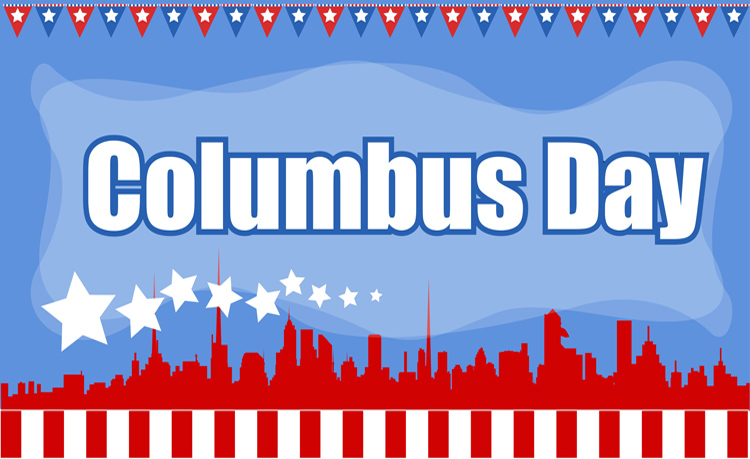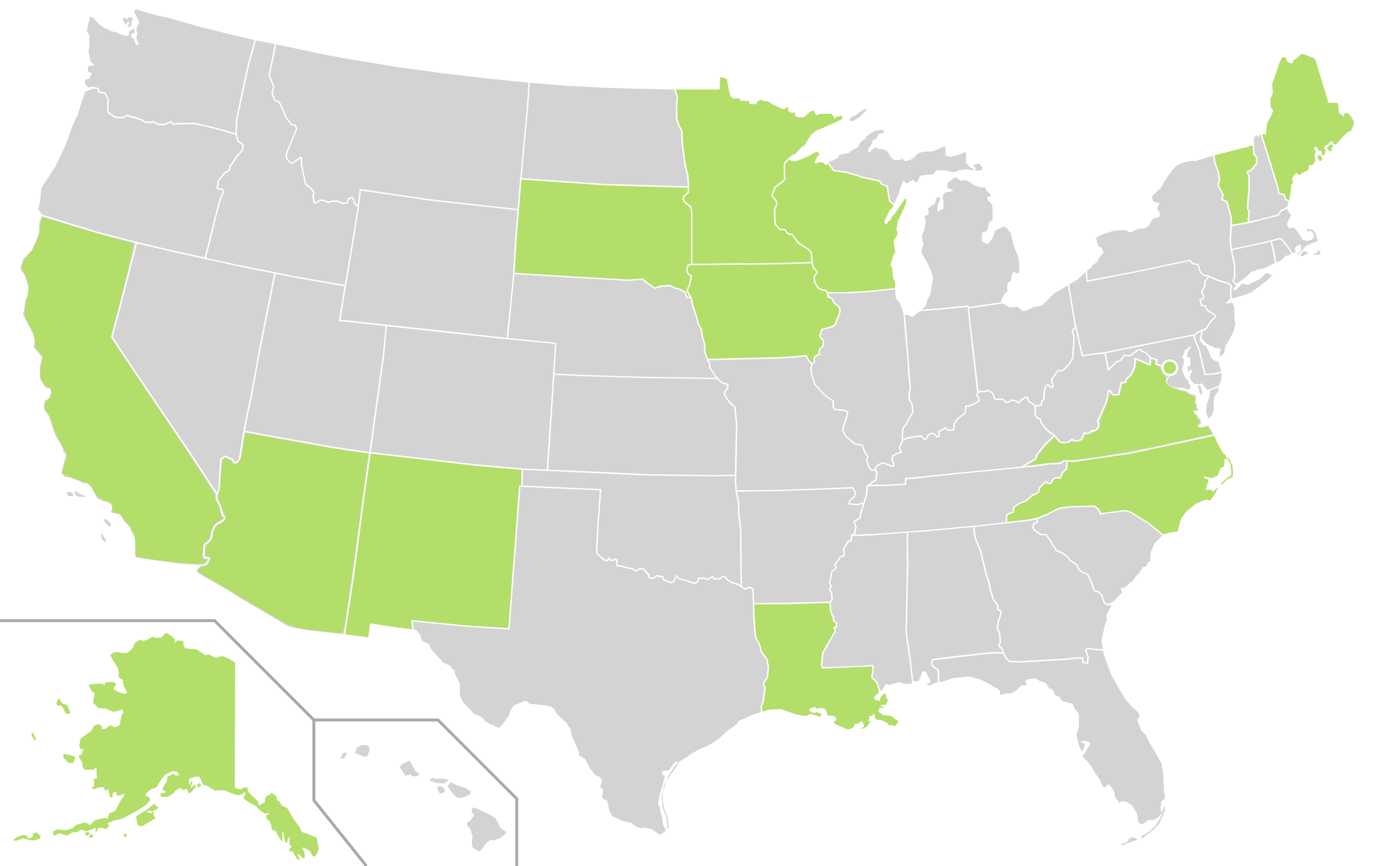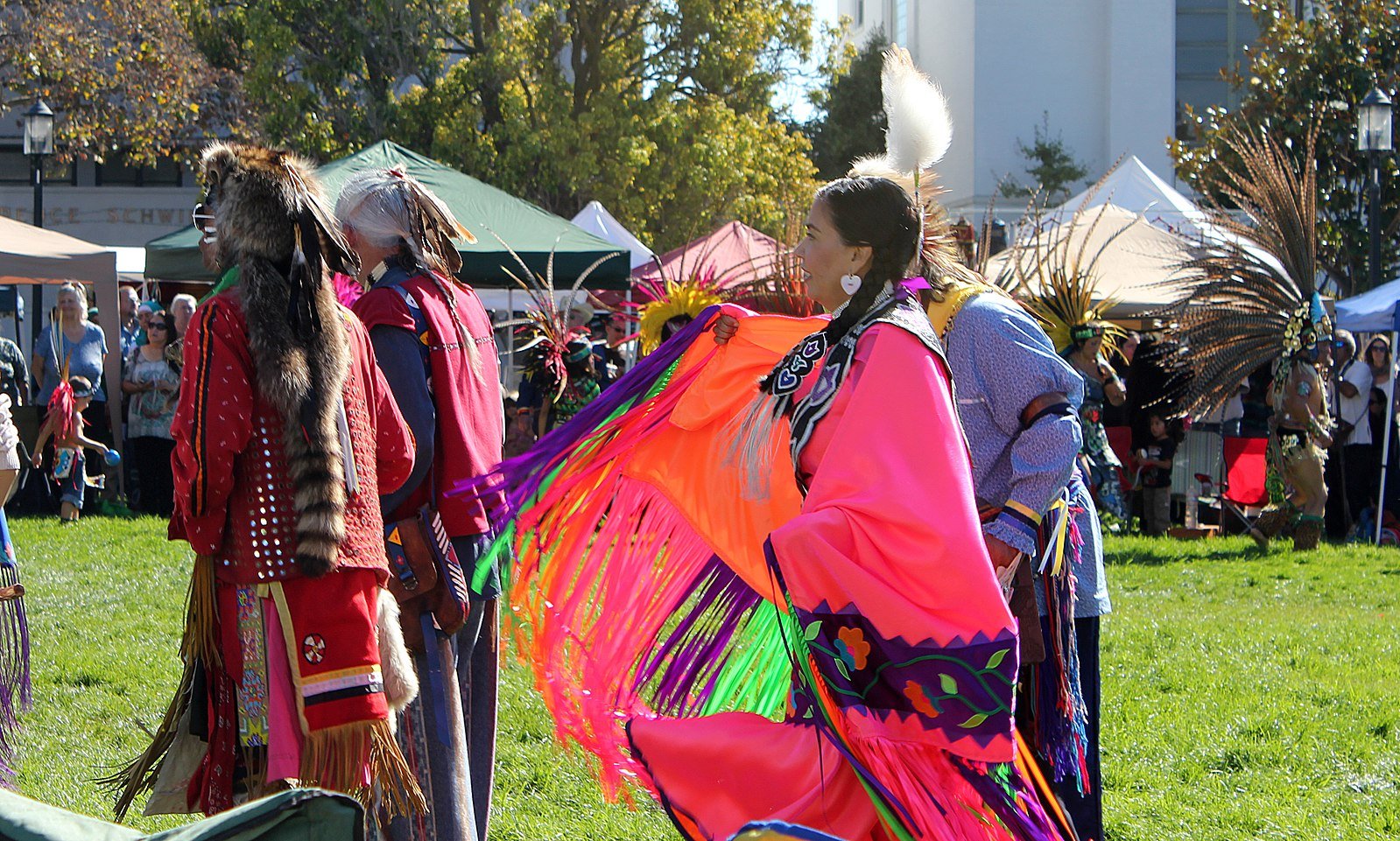
The second Monday in October has traditionally been known as Columbus Day in honor of the Italian explorer's "discovery" of the Americas on October 12, 1492. However, the US federal holiday, which will be celebrated on October 11 this year, has always been controversial due to the European settlers' cruel treatment of the Native American people.
Historians also argue that Christopher Columbus was not the first to find the continent. The indigenous people had been living in the Americas long before his arrival. He was also not the first European to set foot in North America. That honor belongs to a group of Vikings, led by Leif Eriksson, who established a settlement in Greenland in AD 980.
Some US states, including Oregon, Iowa, and Nebraska, have never recognized Columbus Day. Hawaii renamed it "Discoverers' Day" — in honor of the state's Polynesian founders — in 1971, while South Dakota changed it to "Native American Day" in 1990. As public awareness of the controversy increased, many US schools and universities also stopped observing the holiday.

The shift in sentiment was encouraging, but many people were still unhappy about Columbus Day being a federal holiday. In 1977, a delegation of Native nations — attending the International NGO Conference on Discrimination Against Indigenous Populations in the Americas — proposed renaming Columbus Day to "Indigenous Peoples' Day." They believed the change would help honor the victims of American colonization. The resolution passed with an overwhelming majority.
Berkeley, CA, was the first US city to make the change in 1992, and Santa Cruz, CA, followed shortly after in 1994. But the idea really began to gain momentum after 2014. That year, Minneapolis, MN, Grand Rapids, MN, and Seattle, WA, renamed the holiday. Since then, over 100 cities and entire states, including Alaska and Oregon, have adopted Indigenous Peoples' Day.
In 2020, Colorado replaced Columbus Day with Cabrini Day, in honor of Frances Xavier Cabrini. The Italian-American Roman Catholic nun helped establish over 67 schools, hospitals, and orphanages in the United States and South and Central America. The same year, Arizona decided to recognize both Indigenous Peoples' Day and Columbus Day on the second Monday in October.

The movement to alter the name has also gained ground in Latin America. Argentina, Colombia, Chile, Costa Rica, Ecuador, Honduras, Mexico, and Uruguay have all renamed Columbus Day to "Día de la Raza," or "Day of the Race." The holiday celebrates Latin America's mixed indigenous and European heritage and culture. Venezuela and Nicaragua's "Día de la Resistencia Indígena," or "Day of the Indigenous Resistance," honors the indigenous population's past and ongoing struggles.
But not everyone thinks a name change is necessary. For Italian Americans, Columbus Day is the centerpiece of the Italian Heritage Month, celebrated every October. They argue the holiday honors the history of immigration, not the explorer. Therefore, they believe the name should be retained or changed to something more appropriate, like Italian Heritage Day. What do you think? Be sure to let us know by adding your comments below.
Resources: Wikipedia.org, CNN.com, History.com, PBS.org
